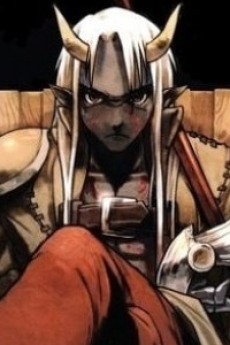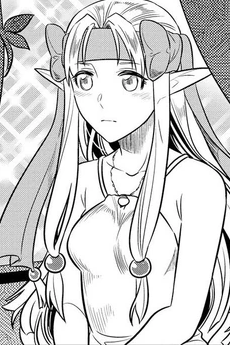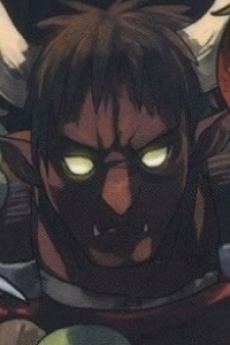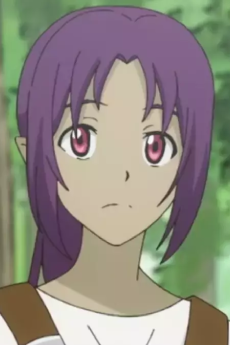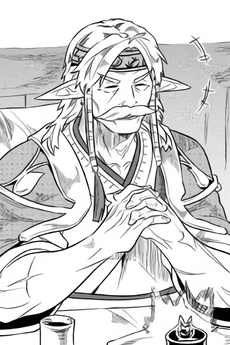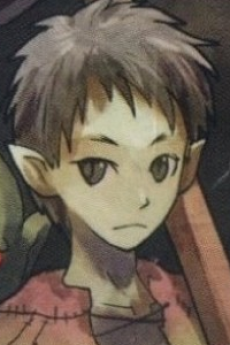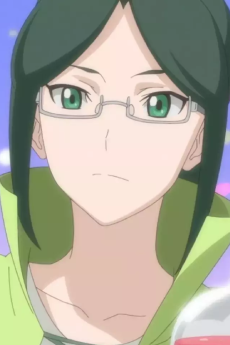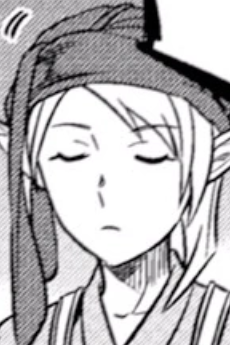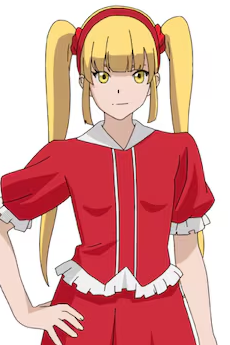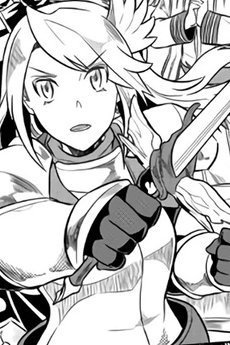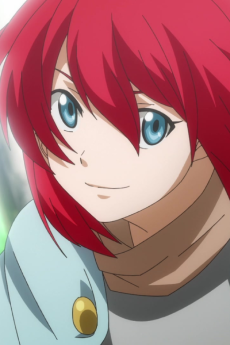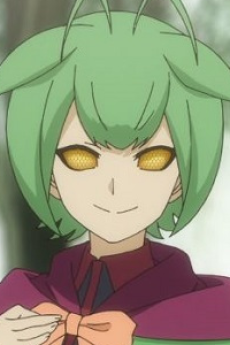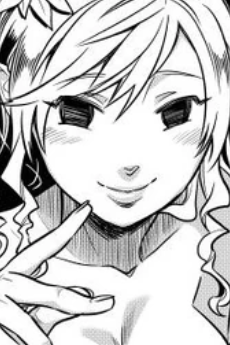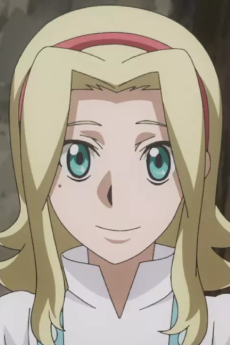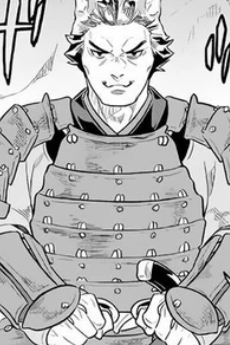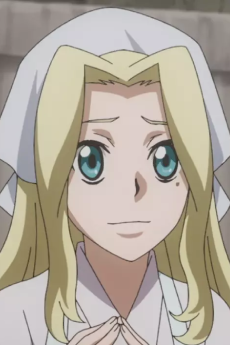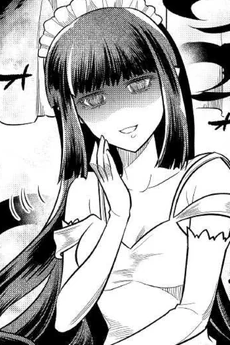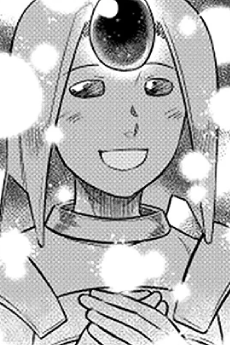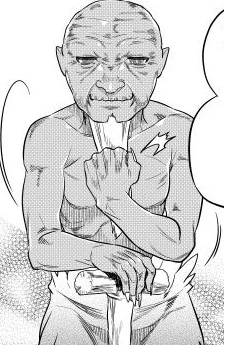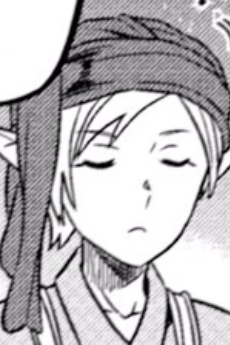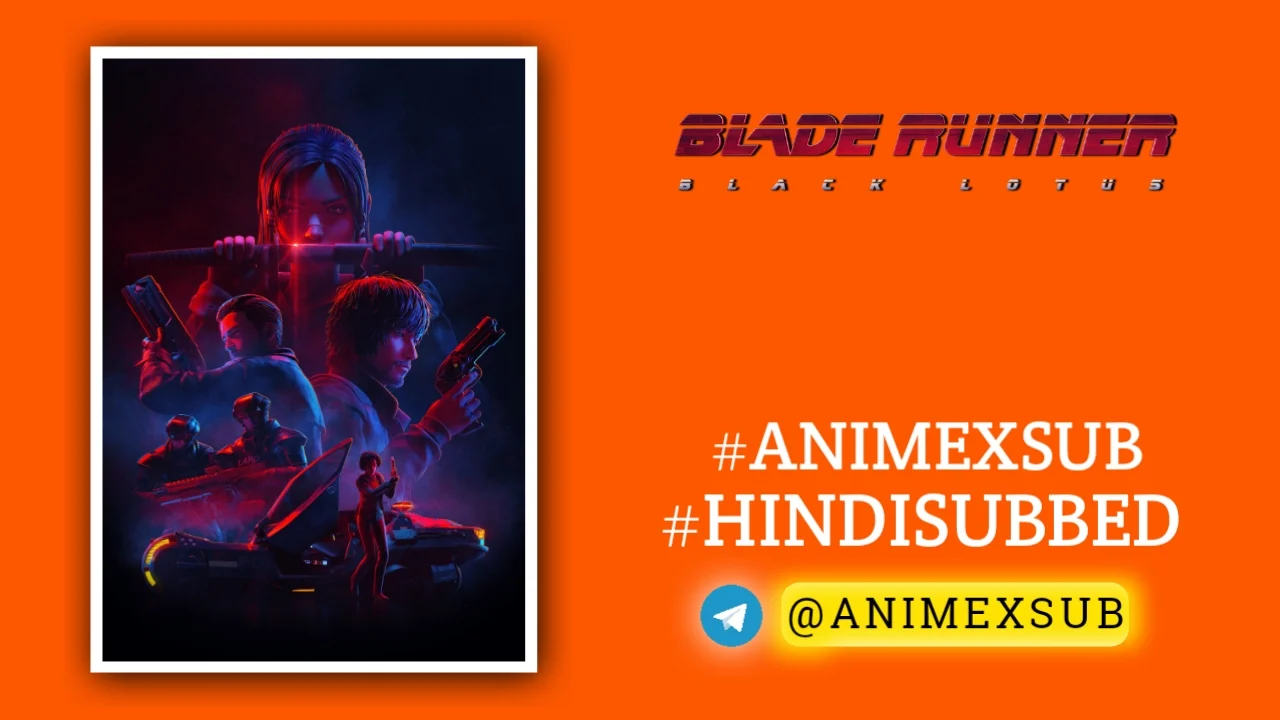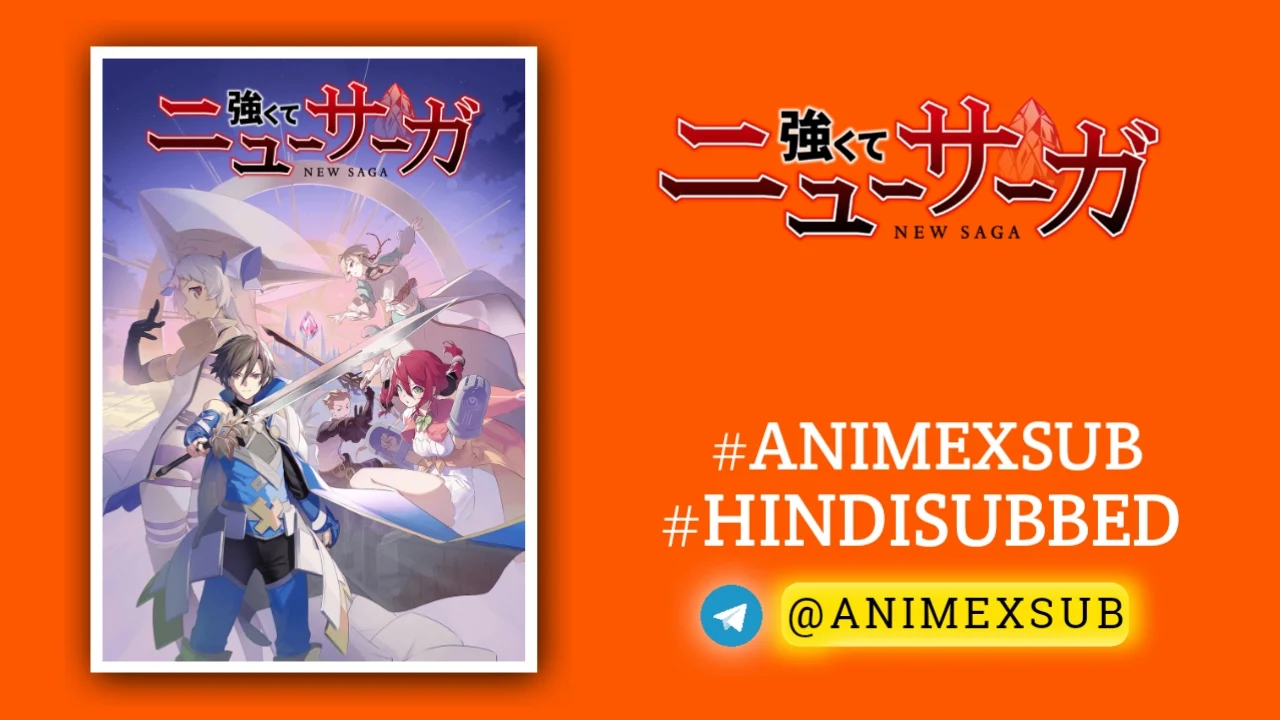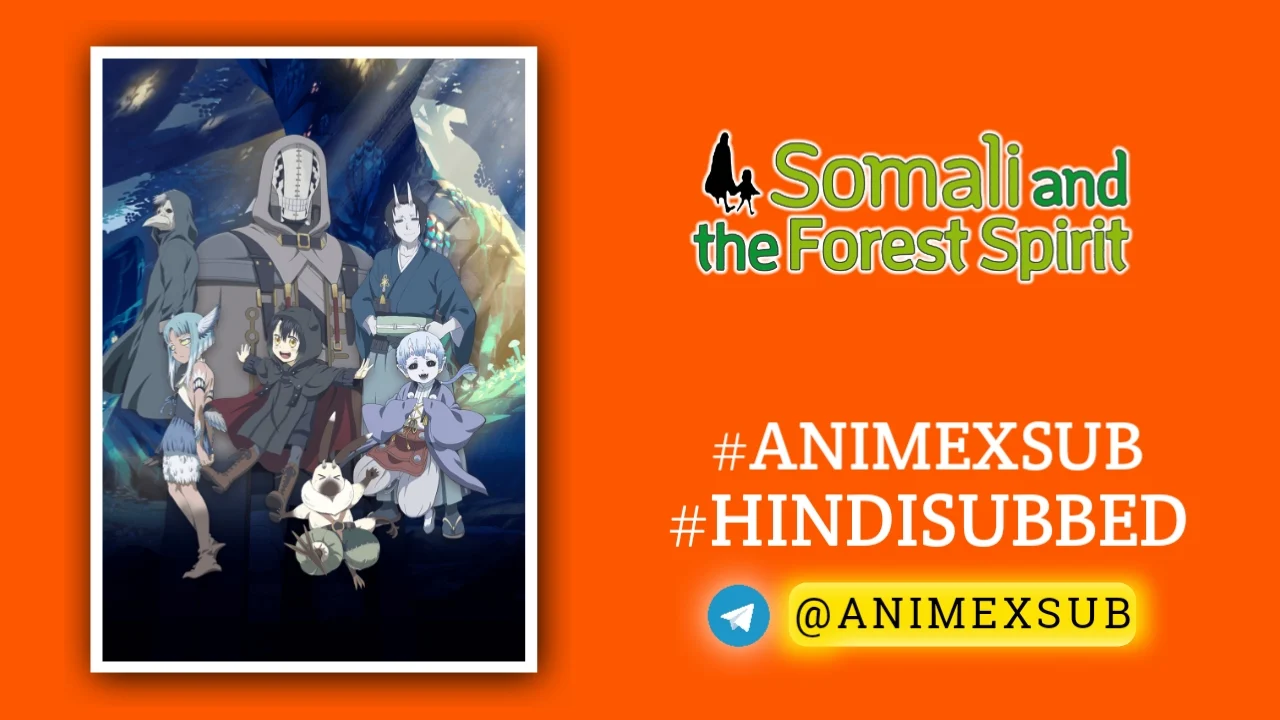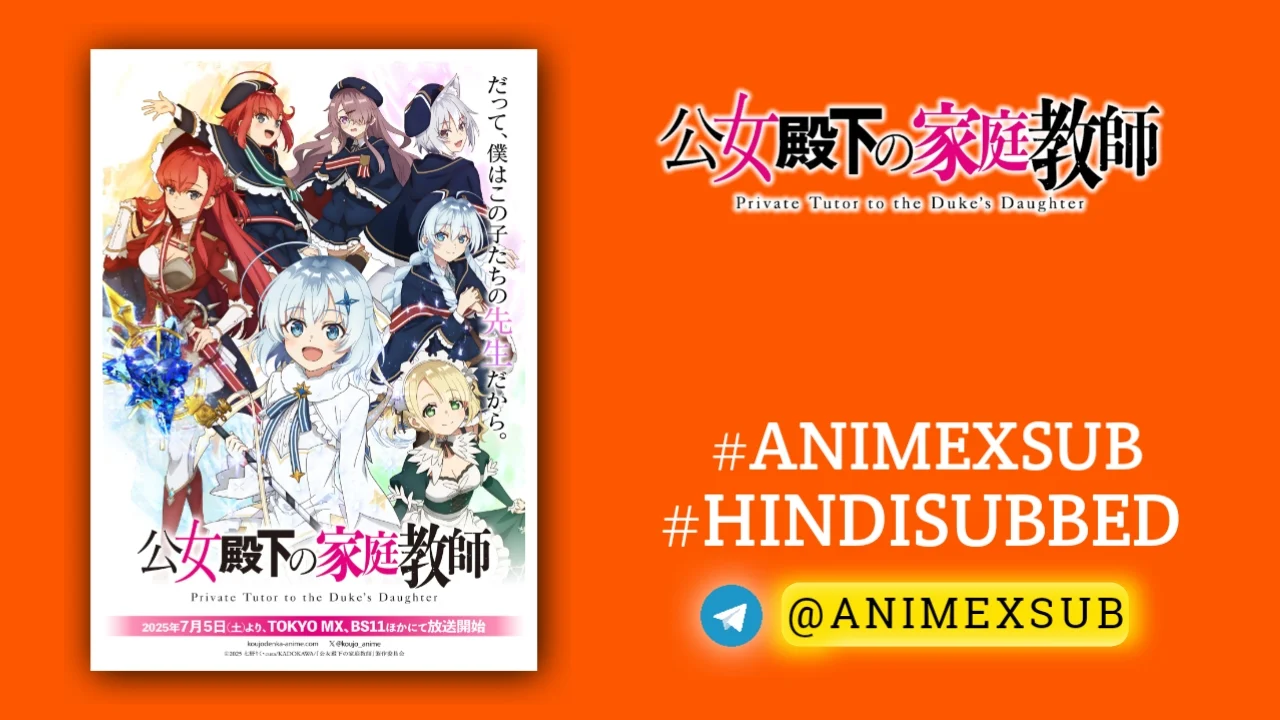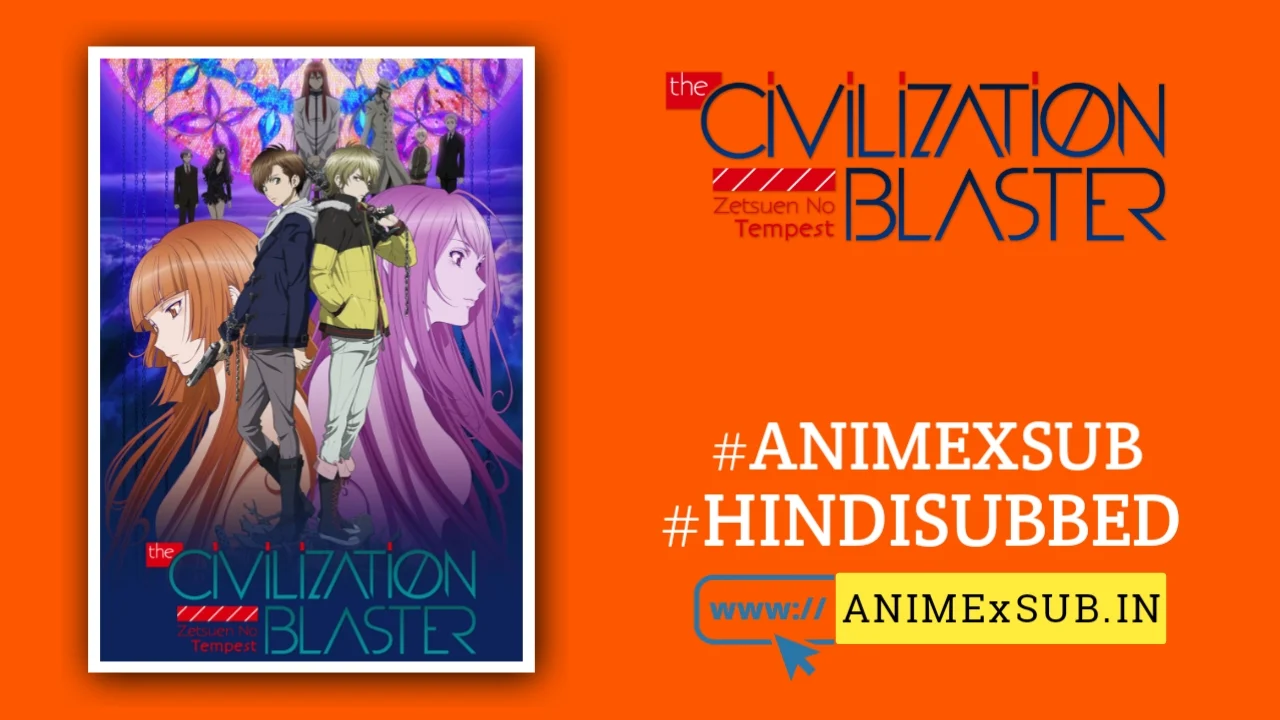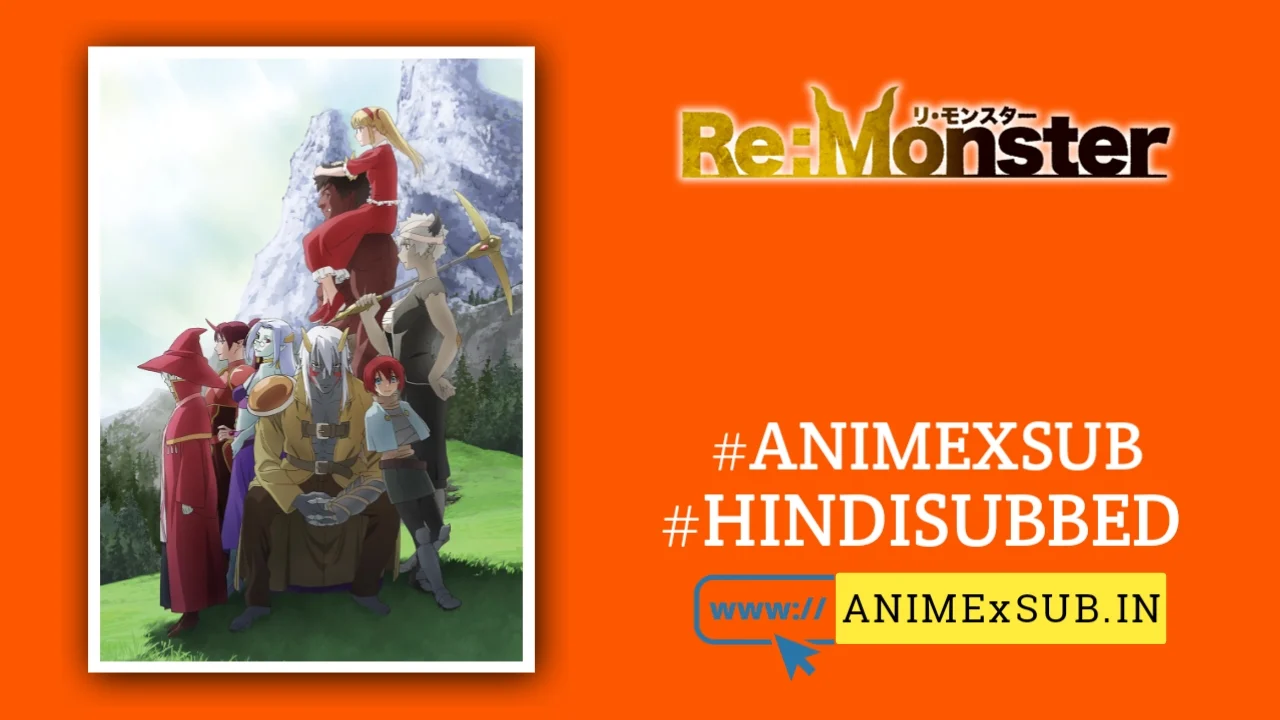
Re:Monster Season 1 Hindi Subbed [12/12] {Complete}
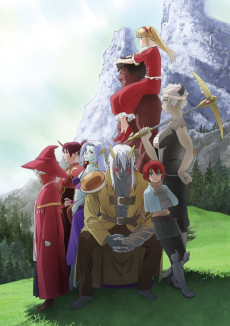
Re:Monster
Re:MonsterSynopsis
After meeting an untimely death, Tomokui Kanata is reincarnated as a lowly goblin, but he’s worked up a monstrous appetite. Thanks to his new ability that allows him to grow stronger the more he feeds, his feeble status quickly changes, and he rises to become the goblin leader. With a mix of his past memories, new body, and strong stomach, he’s taking a bite out of this new fantastical world! (Source: Crunchyroll) The episodes were streamed several days ahead than the TV broadcast on U-NEXT, Anime Houdai, and Crunchyroll beginning on April 2nd, 2024 at 0:00 JST. The regular TV broadcast begins on April 5th, 2024.
Watch Trailer
Characters
Re:Monster Season 1 Review: A Bold Isekai Experiment That Stumbles Under Its Own Ambition
Re:Monster Season 1, a 2024 anime adaptation of Kogitsune Kanekiru’s light novel and manga, dives headfirst into the crowded isekai genre with a premise that’s equal parts intriguing and polarizing. Following Tomokui Kanata, a human reincarnated as a goblin named Rou in a brutal fantasy world, the series promises a gritty take on survival, evolution, and power. Armed with memories of his past life and a unique ability to gain powers by consuming creatures, Rou’s journey from weakling to warlord is a wild ride—but one that struggles to balance its ambitious ideas with cohesive storytelling. This review dissects Re:Monster Season 1’s strengths, flaws, and unique quirks, offering a critical look at its place in the isekai landscape.
A Fresh Spin on Isekai Tropes
At its core, Re:Monster stands out by flipping the typical isekai power fantasy. Instead of reincarnating as a hero or overpowered mage, Rou starts as a goblin—a creature synonymous with weakness in fantasy lore. This underdog setup, combined with his ability to absorb abilities by eating enemies, sets the stage for a survival-of-the-fittest narrative that feels primal and unapologetic. The show’s early episodes shine in depicting Rou’s strategic mind as he navigates a hostile world, using his human intellect to outwit stronger foes and build a goblin tribe into a formidable force.
The world-building is a highlight, painting a savage ecosystem where every creature is a potential threat or meal. The diary-style storytelling, drawn from the source material, offers a unique lens, with Rou narrating his daily progress like a gamer logging XP. This format, while occasionally dry, grounds the viewer in his calculated mindset, making his evolution from goblin to hobgoblin to ogre feel earned—at least initially. Studio Deen’s animation, while not groundbreaking, captures the visceral nature of battles, with vibrant designs for monsters and a muted palette for the gritty world.
A Stumbling Power Fantasy
Despite its promising setup, Re:Monster falters under the weight of its own ambitions. The pacing is a major issue, particularly in the anime’s 12-episode run. Rou’s rapid progression from goblin to ogre leader feels rushed, compressing what could have been a nuanced rise to power into a breakneck sprint. By episode four, he’s already commanding a mercenary group, Parabellum, and defeating enemies with ease, leaving little room for tension or stakes. This overpowered trajectory undermines the survivalist premise, as Rou becomes less an underdog and more an unstoppable force, echoing the very isekai clichés the show initially subverts.
The narrative also struggles with its ensemble. While Rou’s comrades, like Gobukichi and Gobumi, show potential, their development is shallow, often reduced to one-note roles in his growing harem. The harem element is particularly contentious, dominating early episodes with uncomfortable scenes that feel gratuitous and poorly integrated. Critics on platforms like Reddit have noted how these moments overshadow plot progression, with female characters often reduced to romantic trophies rather than fleshed-out individuals. This overreliance on fanservice, coupled with morally questionable actions (like implied coercion), alienates viewers who might otherwise enjoy the strategic world-building.
Moral Ambiguity or Narrative Misstep?
Re:Monster leans heavily into moral ambiguity, presenting Rou as a pragmatic antihero who doesn’t shy away from violence or manipulation. His decisions—like torturing humans for information or enslaving elves—reflect the harshness of his world but spark debate about whether the show glorifies problematic behavior. Some fans appreciate this darker take, arguing it fits the monstrous protagonist and fantasy setting, while others, particularly on Reddit, criticize it as indulgent wish-fulfillment with little introspection. Comparisons to That Time I Got Reincarnated as a Slime are inevitable, with Re:Monster lacking the emotional depth and ethical reflection that make Rimuru’s journey compelling.
The show’s handling of sensitive themes, like sexual violence, is a particular sticking point. While the manga and novel are explicit, the anime tones down these elements but doesn’t fully escape their shadow, leaving a sour taste for viewers sensitive to such content. This raises questions about whether Re:Monster is a bold exploration of a monster’s psyche or simply pandering to a niche audience with edgy fantasies.
Technical Execution: A Mixed Bag
Studio Deen delivers serviceable animation, with fluid fight scenes that capture Rou’s growing prowess. The character designs, adapted from Haruyoshi Kobayakawa’s manga, are striking, particularly Rou’s evolving forms. However, the show’s limited budget shows in static backgrounds and repetitive crowd shots. Go Sakabe’s soundtrack is functional but forgettable, lacking the memorable motifs of other isekai like Mushoku Tensei. The voice acting, led by Takuya Satô as Rou, is a strong point, with the English dub (available same-day on Crunchyroll) adding a gritty edge to his performance.
Reception and Future Potential
Re:Monster Season 1 has polarized audiences. On MyAnimeList, it scores a modest 6.4/10, reflecting a divide between fans who enjoy its raw power fantasy and those frustrated by its pacing and moral tone. Reddit threads highlight mixed sentiments, with some praising the world-building and others decrying the harem and lack of stakes. IMDb’s 6.4/10 rating echoes this, with user reviews lamenting the short 12-episode season and calling for a second season to flesh out the story. However, without significant course correction—particularly in pacing and character depth—a second season risks doubling down on the same flaws.
Final Verdict
Re:Monster Season 1 is a fascinating but flawed addition to the isekai genre. Its unique premise, strategic world-building, and morally complex protagonist offer a fresh perspective, but rushed pacing, an overbearing harem, and questionable themes undermine its potential. For fans of gritty power fantasies and monster-centric stories, it’s a flawed gem worth sampling. For others, it’s a cautionary tale of ambition outpacing execution. If a second season can slow down, deepen its characters, and address its controversies, Re:Monster could evolve into something truly next-level. As it stands, it’s a bold experiment that doesn’t quite stick the landing.
Score: 6.5/10 – A promising start that needs refinement to reach its full potential.
Support Our Anime Community!
Love watching the latest anime? Help us keep uploading new episodes by join telegram channel ❤️
Join Now!